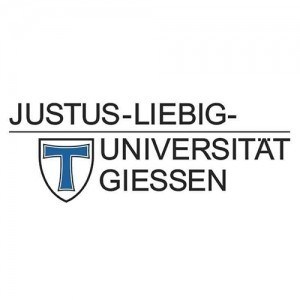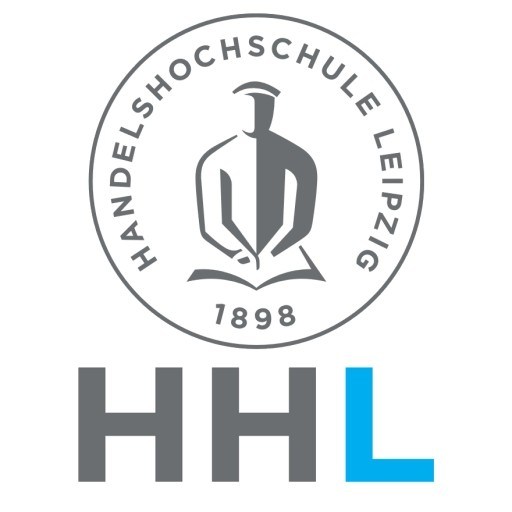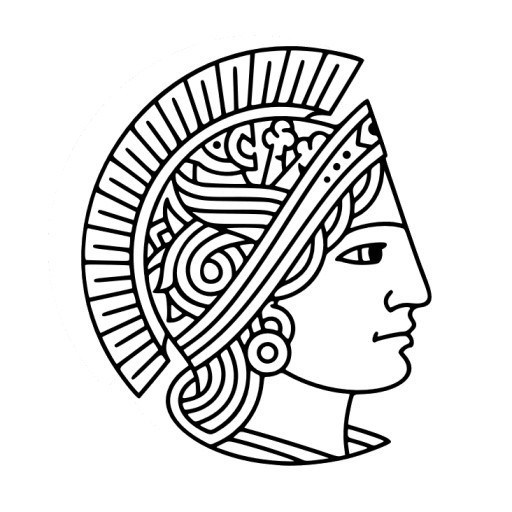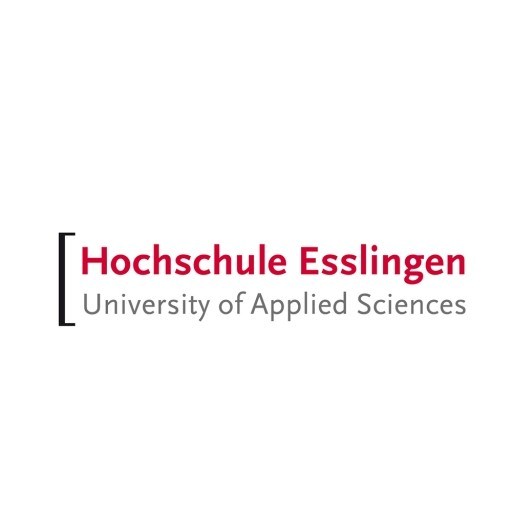Photos of university / #ruhrunibochum
The Master of Development Management at Ruhr University Bochum is a comprehensive postgraduate program designed to equip students with the knowledge and skills necessary to address complex development challenges in a global context. This interdisciplinary program focuses on sustainable development, project planning, policy analysis, and governance, providing a solid foundation for careers in development agencies, NGOs, international organizations, and governmental institutions.
Students will explore a wide range of topics, including economic development, social inclusion, environmental sustainability, and institutional capacity building. The curriculum combines theoretical approaches with practical applications, encouraging critical thinking and problem-solving skills essential for managing development projects effectively. Emphasis is placed on understanding the socio-economic and political contexts of development initiatives, as well as on mastering key tools for monitoring and evaluating project impacts.
The program fosters an international perspective by engaging students in case studies from different regions and promoting cross-cultural understanding. It aims to prepare graduates not only to design and implement effective development strategies but also to lead and innovate within complex organizational structures. Through a combination of coursework, seminars, fieldwork, and research projects, students will develop a strong analytical ability and project management competence.
With a faculty comprising experienced scholars and practitioners in development studies, the Master of Development Management offers a stimulating academic environment. Students will benefit from the university's extensive international partnerships, providing opportunities for internships and collaborative research. Graduates of this program will be well-positioned to contribute to development initiatives worldwide, supporting sustainable progress and social equity. The program's flexible structure allows for specialization in areas such as urban development, environmental management, or policy analysis, aligning with individual career goals.
Overall, the Master of Development Management at Ruhr University Bochum is dedicated to fostering knowledgeable, innovative, and ethically responsible development professionals committed to making a positive impact on global society.
Educational organisation
The programme is organised as a mixture of coursework and research work.During their first semester, students are given an multidisciplinary introduction to relevant theories and strategies of development. They learn about actors in international development cooperation and the role of institutions for development and are faced with relevant case studies. Further, students select a research problem related to a development programme or project as the starting point for their own research project (Master's thesis). This project is preferably related to their home country.
After the first semester, students can undertake a three-month internship in Germany in a development organisation or a corporation in the private sector.
Based on acquired knowledge of relevant theories and tendencies in international development cooperation, the second semester is taken up with learning about the variety of methods of programme and project planning, implementation and evaluation. Students are required to apply their knowledge to case studies related to the programme or project chosen in the first semester and to present the results in a seminar paper.
After the second semester, students undertake fieldwork on projects and programmes in international development cooperation in developing countries. This will form the empirical basis of their Master's thesis project.
In the third semester, students concentrate on writing up their thesis which has to contain theory, methodology, and the results of the fieldwork. The thesis is designed to demonstrate the student's ability to embed the research in the scientific debate and to communicate it in a clear and coherent way.
Study abroad unit(s)
A period abroad is part of the Master's thesis project. For the empirical part of their Master's thesis, students undertake a field research (usually in their home countries or another developing/emerging country) of usually three months after the second semester.In the context of our cooperation with the University of the Western Cape, South Africa, students also take part in a four-week summer school in Cape Town, South Africa.
Internships
After the first semester, students will have the opportunity of a three-month internship in a German development agency or private sector corporation involved in fields relevant to the programme.Forms of assessment
During the first and second semester, students have to complete continuous assessments in the form of oral and written exams, presentations, and short papers. In addition, a seminar paper of 15-20 pages has to be submitted by the end of the second semester. At the end of the third semester the Master's thesis of 60-80 pages has to be submitted and students have to pass the final oral examination.The examination regulations are based on the European Credit Transfer System (ECTS). For successful completion of the programme 90 credits (30 per semester) are required.
Course objectives
The aim of the programme is the academic training of professionals for programme and project management in international development cooperation. Therefore, the course is addressed to young professionals from developing and developed countries with a first university degree and academics with first professional experience in international development cooperation.Language requirements
English: TOEFL: 79-80 points internet-based (equivalent to 213 points computer-based or 550 paper-based) or IELTS: band 6Academic requirements
- Above-average BA or relevant degree in political science, social science, law, economics, human geography, or in other subjects related to planning and evaluation of development programmes and projects
- practical experience related to the management of development programmes and projects
Enrolment fees
The social fee is approx. 300 EUR per semester and includes a semester ticket covering public transport in the state of North Rhine-Westphalia.Costs of living
Minimum of 670 EUR per month to cover personal and living expensesJob opportunities
At the university, there are often job offers in the research area, especially, for students with a good knowledge of German.Arrival support
Services of the programme administration include advice/assistance in visa affairs and all organisational issues, especially during the preparation phase.Services of the International Office include foreigners' registration authority questions, accommodation, as well as an orientation week each semester to acquaint international students with the Ruhr University, the city of Bochum, the Ruhr area and life in Germany.
Services and support for international students
Services of the programme administration include a tutorial programme with continuous administrative and social support.Services of the International Office include advisory service for social and personal affairs, a continuous cultural programme with excursions and cultural events and intercultural tutors.
Accommodation
Students receive assistance in finding accommodation.Facilities in Bochum:
Depending upon your needs, a room in a hall of residence costs between 200 EUR and 310 EUR per month. All rooms are singles. Online application for accommodation at http://www.akafoe.de.








